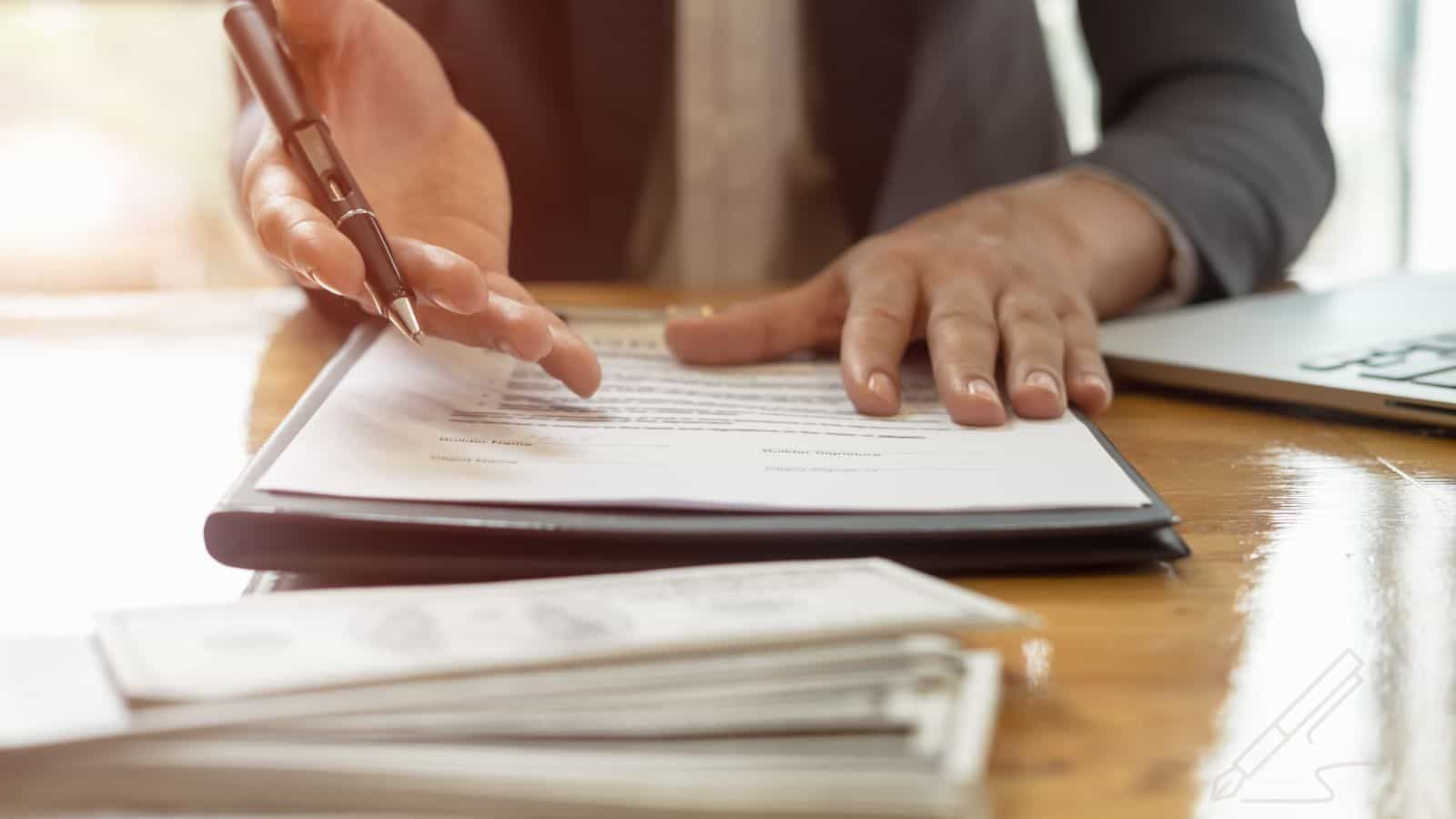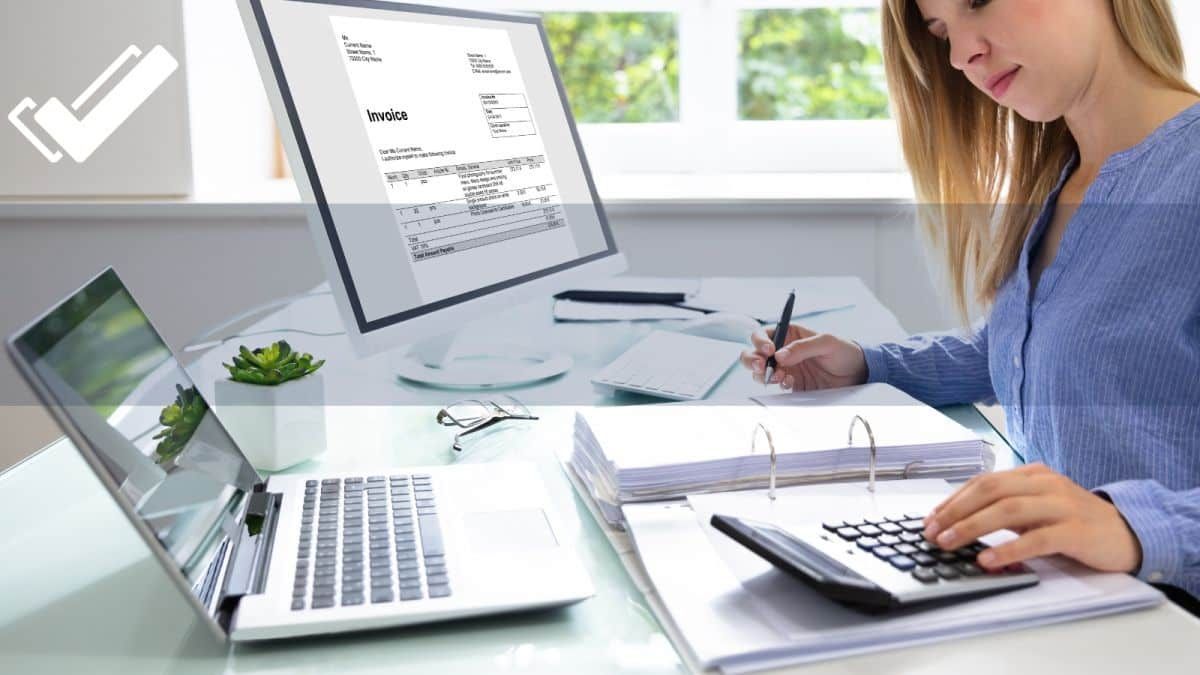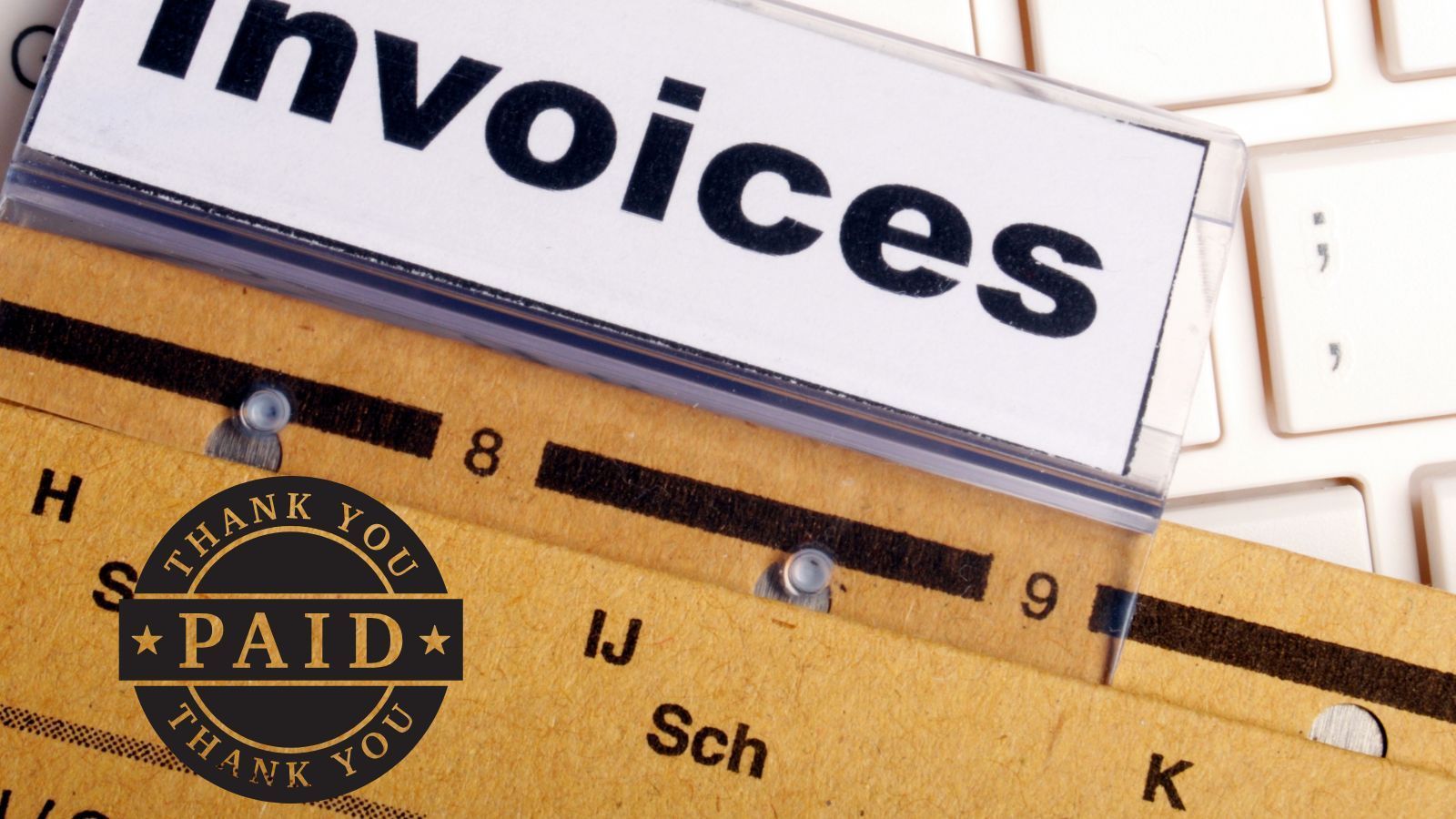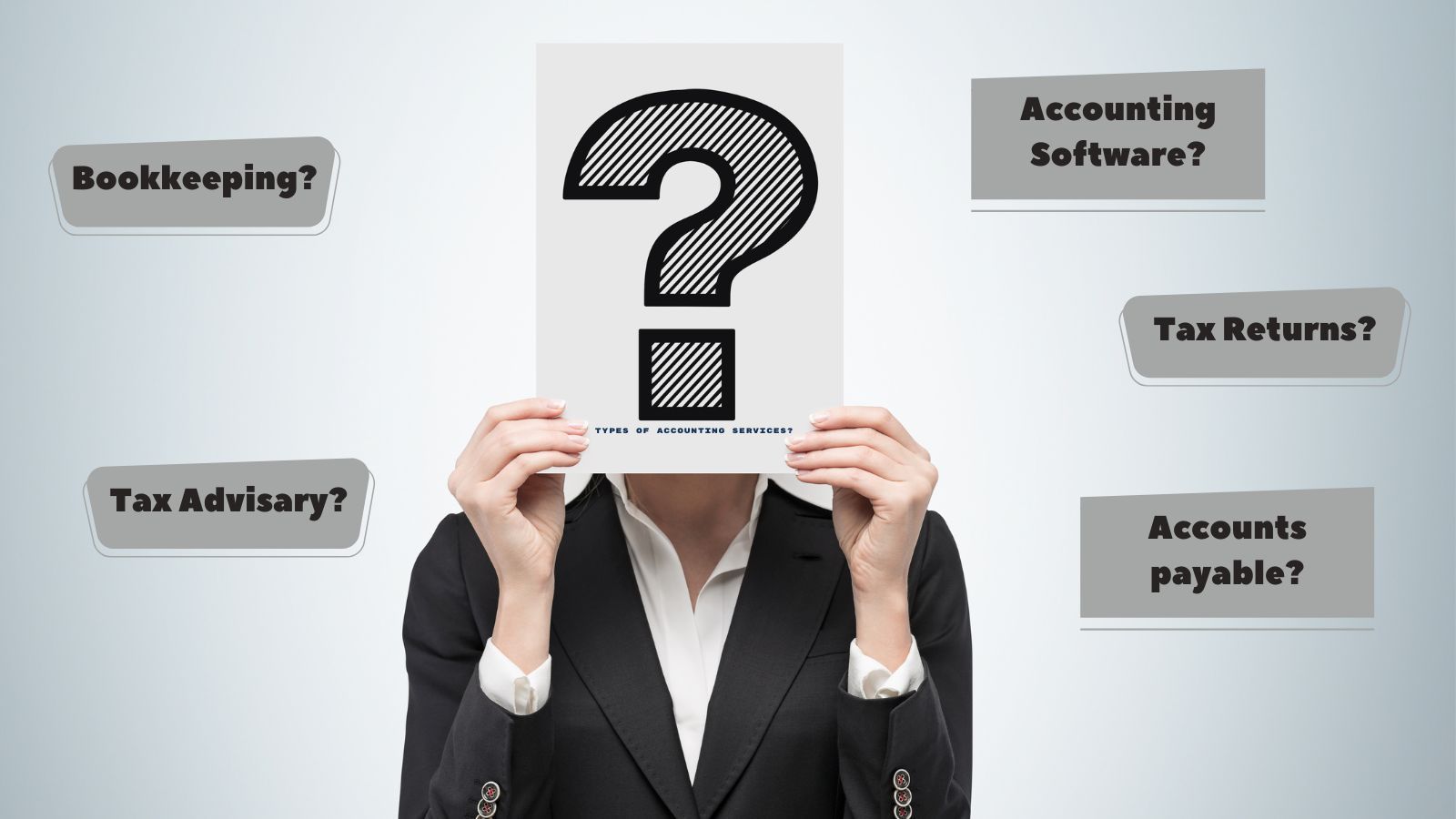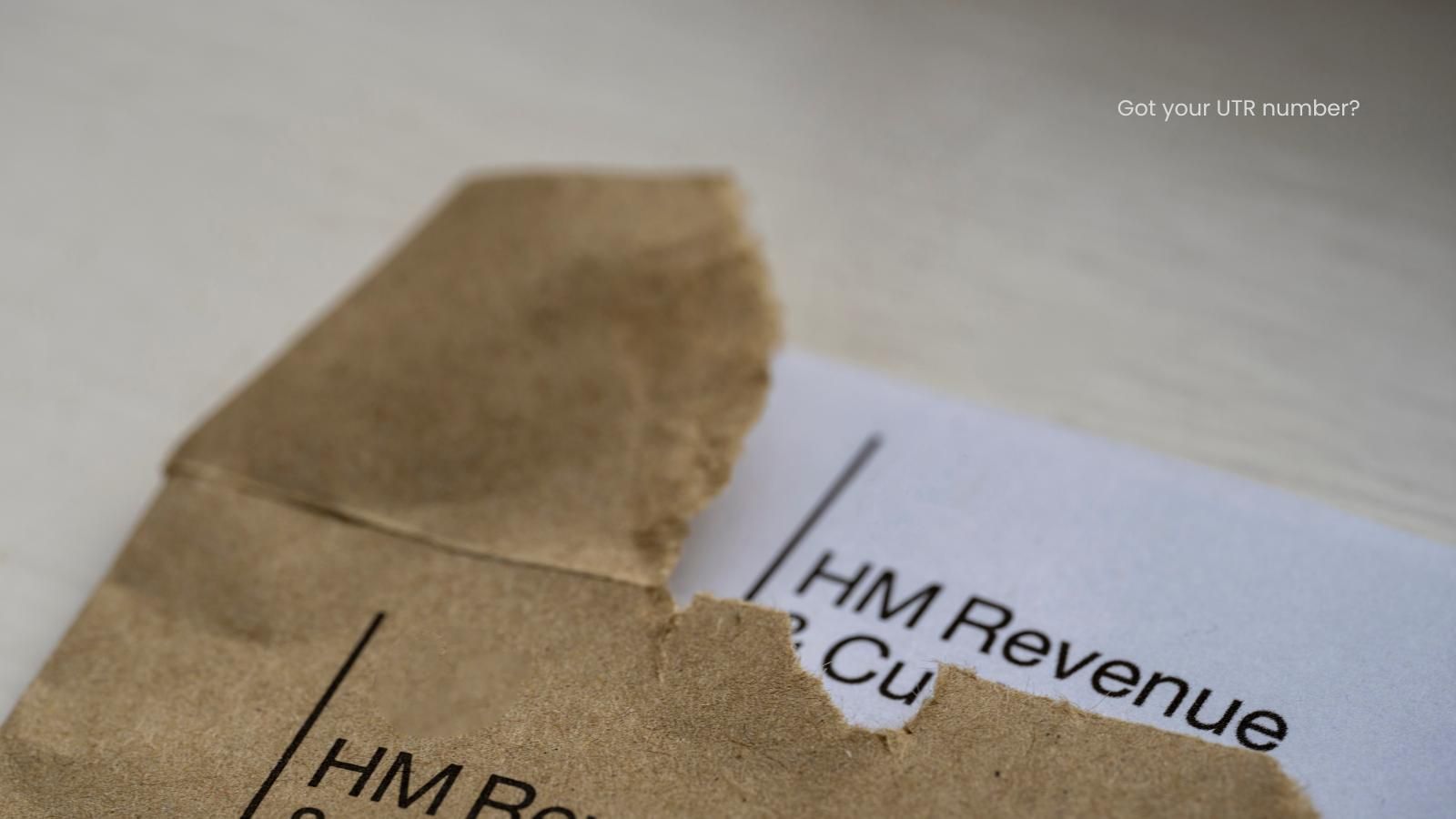How to Keep HMRC Happy. Record-Keeping Tips for Landlords
There's an art to keeping both your tenants and HMRC content. One pays the rent; the other makes sure you've paid what's due. And while many landlords focus on the bricks, mortar, and management, it's the quiet rhythm of record-keeping that keeps your property business standing strong.
This isn't about stacks of receipts or dusty ledgers. It's about clarity, and the calm confidence that comes from knowing your records tell a story HMRC will appreciate: neat, truthful, and compliant.
Think of record-keeping as the foundation beneath your rental empire. Visible? Rarely. Glamorous? Never. Essential? Absolutely.
The Secret Language of Good Records
Good records aren't just data; they're dialogue. They tell HMRC who you are as a landlord - organised, transparent, responsible. Every invoice, rent receipt, and expense log is a sentence in that story.
When you treat your paperwork like part of your property, it starts working for you. A tidy tax trail isn't just for peace of mind; it's proof that your financial house is in order.
What HMRC expects you to keep:
- Rental income details - who paid, how much, and when
- Mortgage interest statements
- Repairs, maintenance, and service invoices
- Insurance, utilities, and management costs
- Travel and mileage logs related to your property business
- Legal or professional fees (for example, letting agents or accountants)
And yes - digital is perfectly acceptable. In fact, it's preferred.
Digital First: Why Paper Is Out and Pixels Are In
Gone are the days of shoe boxes stuffed with receipts. HMRC’s Making Tax Digital initiative is gently pushing landlords toward electronic record-keeping. And frankly, it's liberating.
Use accounting software or a simple cloud system (QuickBooks, Xero, or even Google Drive) to store everything. Snap photos of receipts the moment you get them. Create folders by property and by tax year.
There's poetry in precision: a file for every fee, a folder for every form. It might sound dull, but clarity breeds calm. The best landlords know - the fewer surprises you give HMRC, the fewer you'll receive in return.
The Six-Year Rule: Time Is a Tax Tool
HMRC expects you to keep property records for
at least six years after the tax year they relate to. That's longer than some tenancies. But time, in tax terms, is your ally.
Old invoices and digital statements can prove deductions, protect against penalties, and provide evidence if questions arise later. Consider it your financial insurance policy - a paper (or digital) fortress built one document at a time.
It's easy to underestimate the power of old paperwork. But when HMRC comes calling - and occasionally, they do, you'll be grateful for every scanned slip and saved spreadsheet.
Expense or Enhancement? The Fine Line That Trips Many Landlords
Here's a simple truth: not all spending is created equal.
The same invoice can be a deduction - or disallowed - depending on context.
Repairs (like fixing a leaky tap or repainting a wall) are allowable expenses.
Improvements (like adding an extension or installing a new kitchen where there wasn't one before) are capital costs - useful for capital gains calculations later, but not claimable now.
The art is in the interpretation. Keep notes with each invoice: "Fixed boiler leak, not upgrade." It's a small step, but it can save hours, and hundreds, when tax season arrives.
Antithesis applies beautifully here: What looks like an expense today could become an investment tomorrow. HMRC sees the difference; you should too.
Letting Go of Guesswork: Mileage, Meals, and the Minor Things
It's tempting to overlook small costs, the petrol to visit a property, the printer ink for tenancy documents, the postage for a reference check. But together, they add up.
Record everything. Use a mileage app or logbook for journeys made “wholly and exclusively” for rental purposes. Save receipts for stationary, professional subscriptions, or landlord insurance.
There's a gentle irony here: the more you track, the less you'll need to worry.
Guesswork might feel faster, but precision pays, in pounds, and in peace of mind.
Separate Bank Accounts: Divide to Conquer
Blurring personal and property finances is one of the biggest mistakes new landlords make. Keep a separate bank account for all rental income and property expenses. It makes your year-end accounts simpler, cleaner, and far easier to audit.
This small act of separation does something powerful: it helps you think like a business owner, not a hobbyist. And HMRC rewards professionalism.
You'll see patterns too. How rent flows, how maintenance fluctuates, how profits perform. Your records become not just compliance, but intelligence.
When in Doubt, Annotate
Numbers alone rarely tell the whole truth. A short note can turn confusion into clarity.
"Rent reduced due to repair delays."
"Tenant paid in two instalments."
"Replaced old tiles, not redecoration."
These human touches give your records context. They help both you and HMRC understand the why, not just the what. Think of it as the diary behind your data - a small narrative that explains the numbers.
The Emotional Side of Efficiency
No one starts out in property for the paperwork. Yet there's a quiet satisfaction in order.
In a world where tenancies shift, repairs arise, and regulations evolve, your records remain your constant.
It's the calm after the chaos. The reassurance that every expense is accounted for, every payment noted, every page in place. You're not keeping HMRC happy for their sake. You're doing it for yours.
Because good records don't just satisfy the taxman, they serve you, too. They protect your profits, your reputation, and your peace of mind.
The Practical Checklist for Landlords
Keep:
Rental income and deposit statements
Mortgage interest certificates
Invoices for maintenance, management, and marketing
Copies of tenancy agreements
Proof of repairs and replacements
Annual property and contents insurance documents
Store:
Securely online, with backups
Organised by property and tax year
With clear file names (e.g., “2024_BoilerRepair_123HighStreet.pdf”)
Review:
Quarterly (to avoid panic in January)
Annually with your accountant
Before filing Self Assessment or submitting to HMRC
The Gentle Art of Staying Compliant
Tax doesn't need to be tangled. Like a well-tended garden, record-keeping thrives with regular attention. Small, steady care rather than frantic pruning once a year. Keep your data clean, your notes clear, your systems simple.
And when HMRC does knock, you won't flinch, you'll open the file, smile, and show them the story of a landlord who keeps both house and history in order.
That's how you keep HMRC happy. And, perhaps more importantly, how you keep yourself sane.




